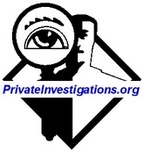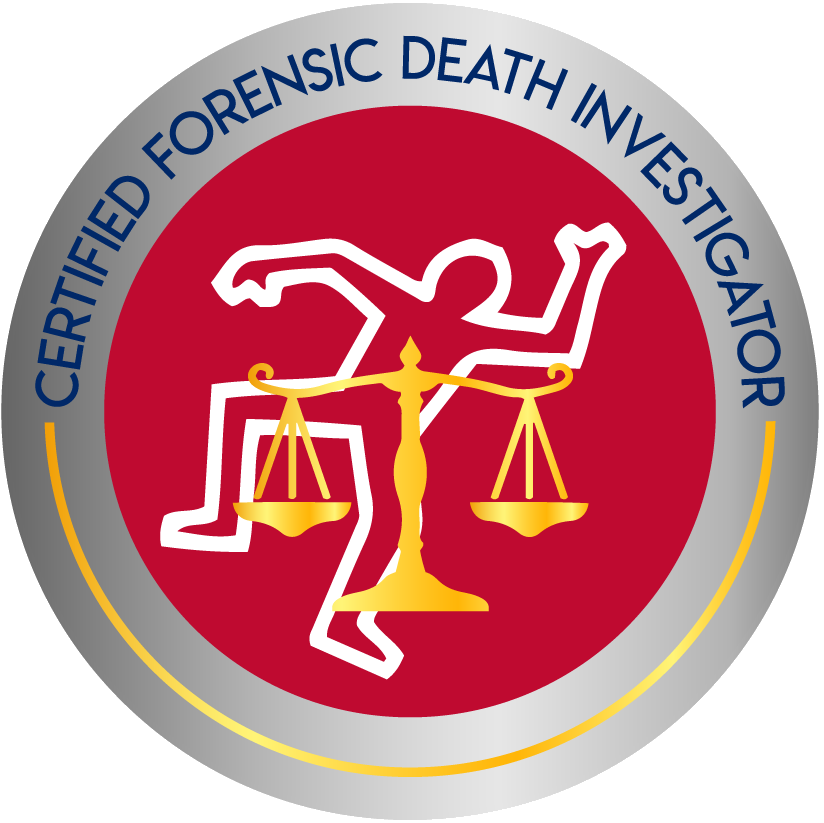
Original Question: Has anyone asked any data base providers what it actually means when it says someone is using a deceased person's social security number? I mean I realize that sometimes there is no fraud involved as it says on some but this specifically says using deceased persons social security. I take that to mean that either an illegal person or a citizen is using another persons social for some financial purposes or identity theft. For example maybe to get a loan, insurance, set up checking accounts, getting utilities, lease for rent, auto etc. What is our responsibility if any if we come across that information? After cross checking that information do we report it to social security or mind our business. There goes one of those ethical questions and I know it may be a personal decision so I am not going to argue the point but it is alarming to me when I see this because it may not have been an illegal and it is crucial sometimes to the integrity of the case. Obviously if it is a financial investigation that information is relevant and invaluable but what if it is another type of seemingly irrelevant information.
Dean's response:
The majority of these types of SSN uses are error or inadvertent as opposed to intentional illicit activity. Before explaining that, to answer the ethical question...you have no obligation and may be inadvertently misreporting misinformation. Chances are, particularly with ID theft protections, the number is reported. Once information like this is on the credit record (where the vast majority of SSN data we use comes from) it doesn't go away.
How does this information get there? Data companies buy credit header data from the three bureaus, pay day lenders, etc. This is cross-referenced with SSA death index files and aggregated by the data company.
First, we hope the SSA has accurate info, so let's assume that. Next, how the SSN errors happen. Not all are errors, but for simplicity I am not including deliberate identity theft. One of the more common forms of ID theft is using SSNs of deceased persons by illegal workers for tax reporting. As most of our SSN data comes from credit headers, let's concentrate on that.
Errors happen because of GIGO - garbage in, garbage out. This can happen be from the applicant accidentally transposing their number, or deliberately (an old trick to hide from creditors). It used to be pretty common to have errors due to poor handwriting and inputting the wrong number in error. OCR of apps by credit companies also creates errors.
Other common problems include investigators. When you use a database to obtain an SSN by using an old address you update the file as now showing the old address you used as current. If you use the wrong SSN and an address combined for a search, any bad information you entered is now part of the file. How headers, data input and data aggregation happens is a two-hour seminar I used to give. If any of these errors include SSNs of deceased persons, this is now reported. So, unless you are certain, you could add to a problem that really isn't.
On a personal note, in about 1991 I found that a student at a MA university was using my SSN. I reported this to the university police who contacted her. It turned out she was from Japan and when she first applied for credit (Best Buy) and didn't have an SSN, she was told to use her passport number, which was two digits shy so she added two zeros. I was turned down for credit by Best Buy and didn't learn why until I got my denial letter. Her info from that time frequently appears to this day.
This was a good question and understanding how the information we use is collected, aggregated, searched, altered and disseminated is important. I recently provided a detailed affidavit as an expert on why a process server erred by knowingly serving the wrong person (the knowingly was my conclusion based on negligent work practices and product).
There is one more key component to the answer to this question. Many years ago, targets learned how to manipulate databases. Old tricks, changing numbers around on DOBs and SSNs was common; swapping first and middle names, spelling, etc. was common. Then many learned that they can manipulate the credit reporting agencies. There is another method that is important to know - stay tuned for a follow-up!
----------
Dean A. Beers, CLI, CCDI is a Certified Legal Investigator and Certified Criminal Defense Investigator, and expert in criminal defense homicide and civil equivocal death investigations. He is certified in Medicolegal Death Investigations and is a POST certified instructor, and has served as a forensic autopsy assistant. He has lectured extensively and authored multiple articles, peer-reviewed white papers, and provided expert testimony on Protocols of Private Investigation, and Forensic Investigation of Injury Pattern Analysis, as well as consulted as a subject matter expert in Equivocal Death Analysis, Injury Causation, Time of Death, Crime Scene Analysis, Investigative Protocol, Evidence Protocol, and Forensic Photography.
He authored Practical Methods for Legal Investigations: Concepts and Protocols in Civil and Criminal Cases, released by CRC Press in February 2011, and previously Professional Investigations: Individual Locates, Backgrounds and Assets & Liabilities.
He founded his agency in 1987 and operates it with his wife Karen S. Beers, BSW, CCDI, with whom he co-developed Death Investigation for Private Investigators online continuing education for 14 states.
Mr. Beers is the Board Chairman of the Professional Private Investigators Association of Colorado, Region 6 CLI Representative of the National Association of Legal Investigators with a column ‘Forensic Focus’ in NALI's trade magazine ‘The Legal Investigator’, Region 5A Director of the National Council of Investigation and Security Services, Member and Forensic Investigations Advisor of the Criminal Defense Investigation Training Council, Membership Ambassador (North America - West) for the World Association of Detectives, Affiliate Consultant member of the National Association of Medical Examiners, International Association for Identification, and Mensa USA. He is also an affiliate member of both the Florida Association of Licensed Investigators and Texas Association of Licensed Investigators.
He began his investigative career in 1987 and operates Associates in Forensic Investigations LLC, with his wife, Karen, also a CCDI and legal investigator certified in Medicolegal Death Investigations. They have two daughters, a granddaughter and identical twin grandsons.


